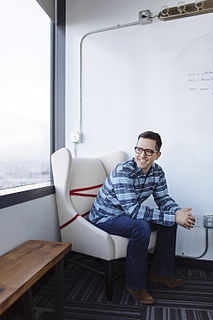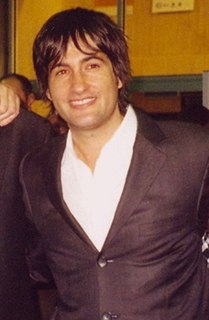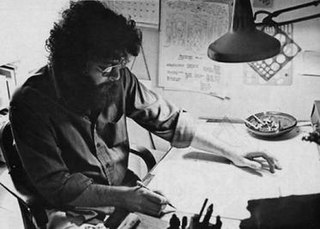A Quote by Judith Rodin
I think all philanthropy invests in product innovation, whether in a vaccine or a new kind of product of one sort or another, and I think we'll all continue to do that.
Related Quotes
I think there are lots of opportunities to improve the product. When you read the press, people say, "Oh, the product needs improvement." I look at that and say, "Hey, that's an exciting thing to get behind!" Because they can improve that product. That leaves more upside from an innovation and revenue potential than you're gonna find in a lot of places. So you could say that's a downside, I see that as an opportunity.
No product is an island. A product is more than the product. It is a cohesive, integrated set of experiences. Think through all of the stages of a product or service - from initial intentions through final reflections, from first usage to help, service, and maintenance. Make them all work together seamlessly. That's systems thinking.
I think that hip-hop should be spelled with a capital "H," and as one word. It's the name of the culture, and it's the name of the identity and consciousness. I think hip-hop is not a product, but a culture. I think rap is a product, but when hip-hop becomes a product, that's slavery, because you're talking about people's souls.
If you think of the product as a service, then the separate parts make no sense - the point of a product is to offer great experiences to its owner, which means that it offers a service. And that experience, that service, comprises the totality of its parts: The whole is indeed made up of all of the parts. The real value of a product consists of far more than the product's components.



































